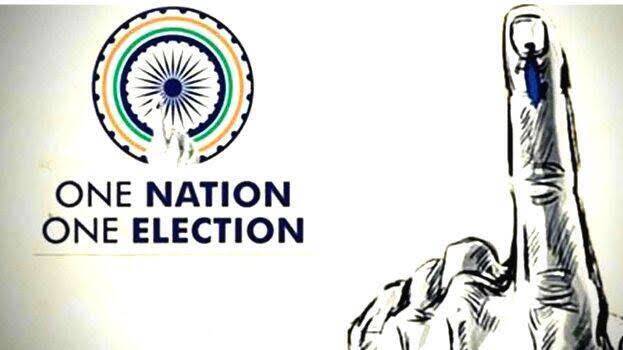

The Ram Nath Kovind Committee tasked with studying One Country, One Election, has recommended a single election in 2029. This wouldn't be unprecedented; the committee's report highlighted that in 1952 and 1957, Lok Sabha and Assembly elections were held concurrently. Between October 1951 and May 1952, Lok Sabha, Legislative Assembly, Rajya Sabha, Presidential and Vice Presidential elections were conducted simultaneously. In 1957, seven legislatures were dissolved prematurely to facilitate a single election. If implemented, India would become the fourth country globally to hold such elections joining Belgium, Sweden and South Africa.
A single election entails simultaneous elections for Lok Sabha, Legislative Assemblies, and local bodies. The Kovind Committee proposed a constitutional amendment to synchronize Lok Sabha and Assembly elections, with local elections to follow after 100 days. This amendment doesn't require state approval and can be implemented by the majority party at the center through constitutional amendment. However, in some states like Kerala, the cabinet post the next assembly elections may have a shortened term of three years if the recommendation is adopted.
Advocates argue that single elections would alleviate the financial burden on the government, reduce uncertainty, and prevent developmental slowdowns during election periods. The estimated cost for the 2019 Lok Sabha elections alone, including political party expenses and Election Commission expenditures, was around Rs 60,000 crore.
Critics argue that holding simultaneous elections might sideline regional issues, which are often crucial in assembly elections, as national issues tend to dominate Lok Sabha polls. Despite opposition, the majority of public feedback received by the Kovind Committee favored single elections, with 80 percent of the 21,558 responses and 32 out of 47 political parties supporting the idea. However, the permission of states is necessary for joint local body elections. Overall, independent discussions on single elections are expected to lead to decisions that serve the country's best interests.